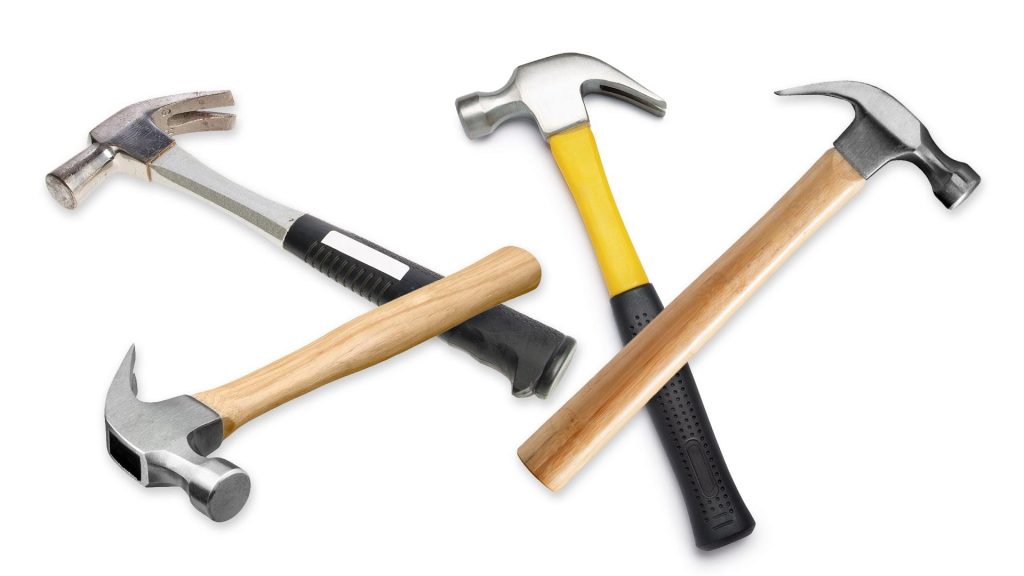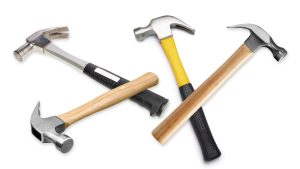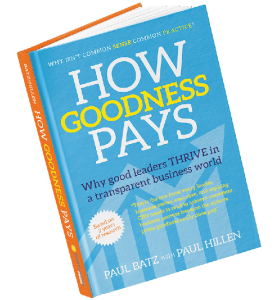

Paul Hillen on “What is Your ‘Bag of Hammers’?”
Paul Batz

In our new book, How Goodness Pays, my co-author Paul Hillen describes how his leadership style was once dubbed “a bag of hammers.” What’s your own “bag of hammers” – that is, a blind-spot leadership trait holding you back from success? Paul Hillen tackles today’s blog…
“Your leadership style is like a bag of hammers,” was what my executive coach at the time, Paul Batz, told me in 2004, when I was a senior leader at Cargill. Paul was giving me a wake-up call from my 360 feedback. I had recently joined Cargill after 15 years at Procter and Gamble.
What Paul was telling me was that the things that made me successful in the P&G culture would not help me succeed at Cargill. My 360 feedback was very good from a capabilities standpoint, but some people felt I was not taking the time to involve them in decision-making or genuinely caring about their personal success.

I was raised as the youngest of seven where it was survival of the fittest. My parents were great, but were no-nonsense, work-for-what-you-want, and no sniveling. I remember as a kid helping my dad trim trees. I was up in the tree with a saw and clippers in my hands barely hanging on. I said to my dad, “What if I fall?” He responded, “That’s why I had seven kids.” That upbringing combined with the fast-paced, results-driven, up-or-out culture at P&G molded my leadership style.
My “bag of hammers” was my blind-spot. I literally did not see how my leadership style was affecting others until someone pointed it out. I had the fortune to be in a leadership program that assigned a coach to me, but not all of us have that opportunity. Here is a useful way you can get that kind of vital personal feedback.

Nagging Rights with Zero Cost of Candor
It is the concept of “nagging rights” – identifying three to four trusted colleagues or friends and confiding in them the areas you are working on to improve your leadership (or asking them to help you identify those areas). Nagging rights only work if accompanied by “zero cost of candor” – the absence of repercussions. If the people feel they can’t be honest with you, then you won’t get beneficial feedback.
Trust me, you won’t like some of the feedback. It might hurt. However, without candid feedback, you won’t improve as a leader. I know it’s helped me. I’m confident it will help you too.
Let me know how you are working on your own “bag of hammers,” and if you can grant trusted friends and colleagues nagging rights with zero cost of candor.



